15% of the mid-term assessment is going to be awarded for a 750-word (+/- 10%) piece of reflective writing about what you’ve learned and about your contribution to the module so far. To evidence this, you can use discussions we’ve had in seminars or consider your personal further reading, but probably the easiest ways to demonstrate your contribution is to refer to your participation in the blog because you can link to the relevant posts in your reflective assessment.
Below is a list of weekly exercises I’d like each study group to do. For weeks 1-5 your study-groups should meet up after that week’s seminar in order to plan your blog post, which should then be written and published before the following lecture (i.e. by Tuesday evening). In weeks 8-11, while some groups will be giving short presentations during seminars, other groups are expected to write something for the blog, this time to be published before the seminar (i.e. by Wednesday evening).
In our first seminar, I’ll show you how you can use Google Docs or the Office Word app to write collaboratively.
Week one’s task:
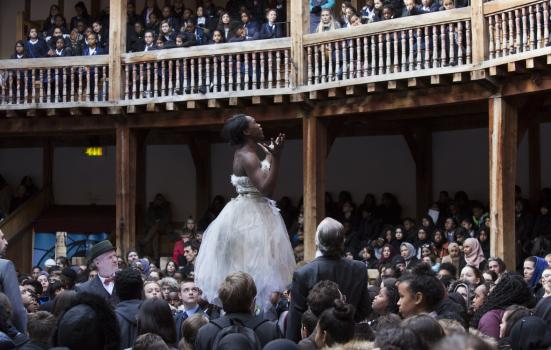
In the seminar this week, we looked at historical documents about the theatre industry like Henslowe’s diary and traveller’s accounts of English plays. What can these documents tell us about the experience of (a) performing, and (b) being in the audience of an early modern play? What strikes you as the most unusual aspect of the Elizabethan theatre? If you wish, you can answer some of these questions by writing a creative response, e.g. a ‘time-traveller’ guide to the theatre. Remember to back up your points with reference to the reading you’ve done this week.
publication deadline: 8th October
Week two’s task:
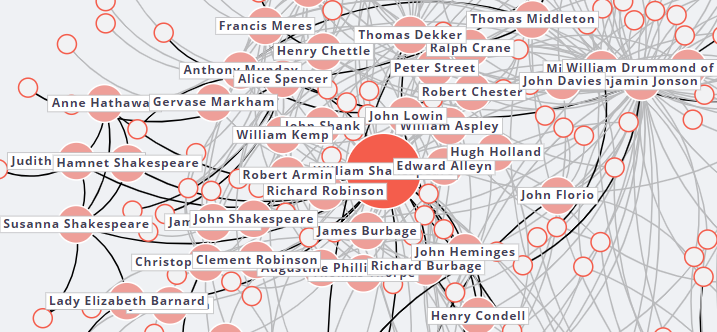
Last week we read Stern’s chapter on how actors had an influence on the plays Shakespeare wrote. For this week, please write a blog post which discusses how our perception of Shakespeare’s reputation is altered by using Clare’s intertextual approach of comparing his work with that of his contemporaries?
Things you might want to consider (NB: you don’t have to answer all of these): Who are Shakespeare’s main competitors/collaborators? Are there crazes for specific genres of plays in this period? What are some shared themes? Does the performance space matter? Do other writers tend to specialise in one genre, or do they seem to be generalists like Shakespeare?
You can refer to the chapter we read for the seminar, or any of Clare’s other chapters: you have access to the full digitised book via the library (link on reading list), so feel free to explore a different genre (e.g. chapter 6 on revenge tragedy & Hamlet).
publication deadline: 15th October
Week three’s task:
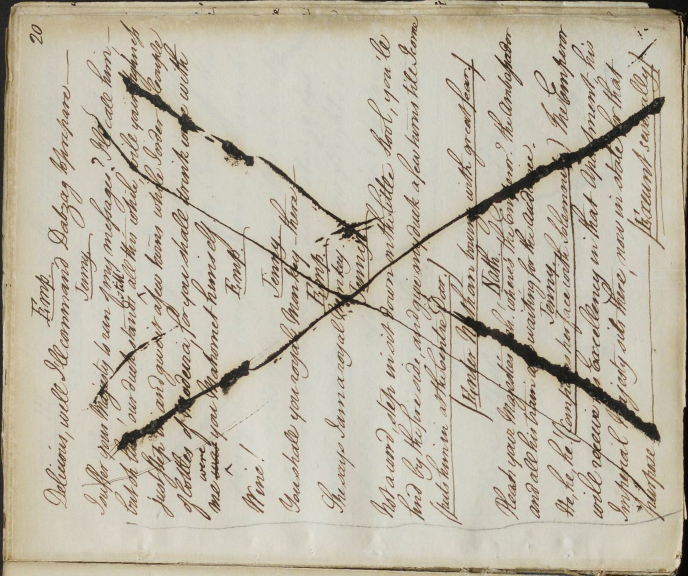
In your groups, write a creative dialogue between an imaginary early modern defender of the theatre (What’s their background and motivation?) and an imaginary early modern attacker of the theatre (What’s their background and motivation?) You can draw on you reading of Barish and Pollard’s introduction to contextualise this scene. Remember to use or paraphrase quotations from this week’s reading to evidence your argument. If you manage to work in a discussion of Richard II, all the better!
publication deadline: 22nd October
Week four’s task:

This week we went to see early printed books up close in the library’s special collections. Using the secondary reading and video for this week, plus the worksheet and any photographs taken on this visit, please write a post about the production of early printed books. Remember to provide a ‘close reading’ of at least one of the paratexts you have encountered. If you don’t have a photograph from your visit, you can find transcriptions and microfilm images of these and other early books using the ‘Early English Books Online’ database (EEBO) , which you’ll need to access via the library search.
publication deadline: 29th October
Week five’s task:
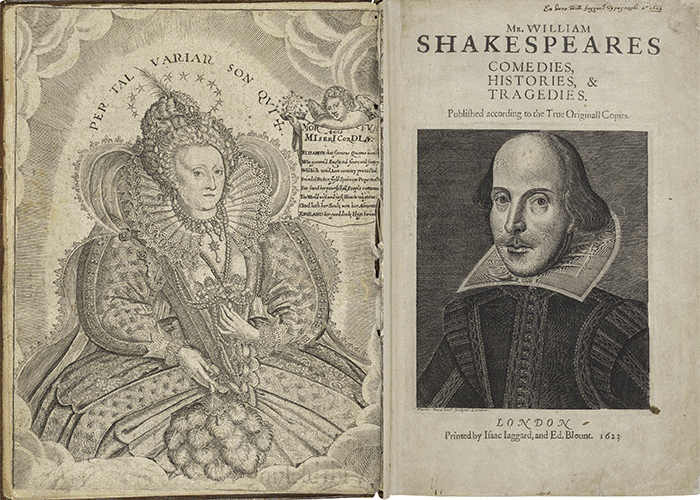
As a group, first read through the Folger Library’s ‘DIY first folio’ page: https://www.folger.edu/publishing-shakespeare/first-folio/diy-first-folio before working through the exercises in their ‘virtual printing house’: https://www.folger.edu/publishing-shakespeare/first-folio/diy-first-folio/exercise1a
Finally, check through the pages of the Folger’s copy of the first folio and practice reading early modern script in their ‘First Folio Reader’: https://www.folger.edu/the-shakespeare-first-folio-folger-copy-no-68#page/To+the+Reader/mode/2up
For your blog post, write a ‘reflective assessment’ of what your group have learned over the last two weeks about early modern printing and the printing of the first folio specifically. This is practice for your 750 word piece of reflective writing for the mid-term assessment. Reflective writing usually follows a three step structure: 1: description of what happened or what your new idea is (keep this part short) 2: interpretation of the event or idea: what is most important, interesting, useful, or relevant? How can it be explained? How is it similar or different from other events or ideas? 3: the outcome: what have you learned from this? What does it mean for your future learning (this can be short-term: e.g. goal for the end of the module, or long term, e.g. an approach you could apply to other modules).
publication deadline: 5th November
Week six: no blog post, due to assessment early in week 7

Week seven: no blog post: groups prepare a short presentation for week eight seminar. Info in handbook

Week eight: if your study group isn’t presenting this week…
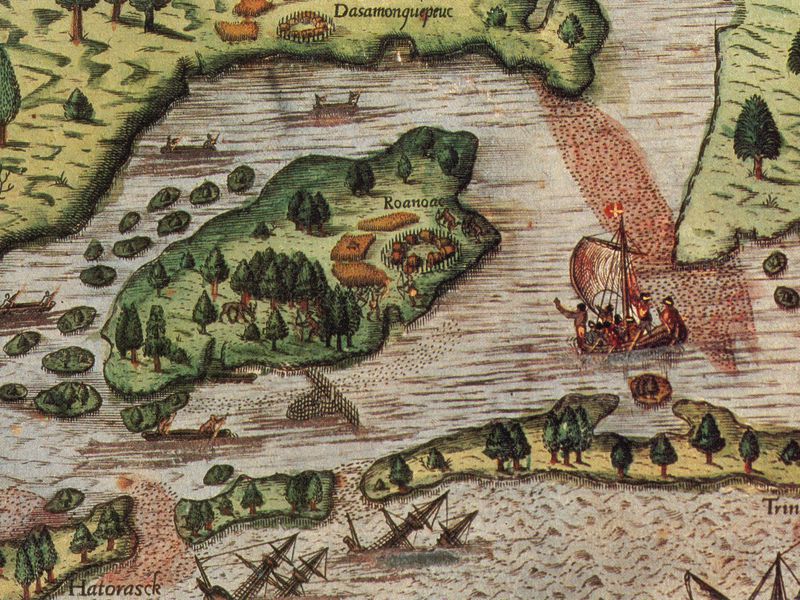
Pick out a quotation from one of the assigned texts or excerpts for week nine and write a ‘close reading’ for the blog. Analysis of the quotation should draw on some of the other texts we’ve looked at this week (the other play, historical sources, secondary sources). Ideally, you’d be looking for quotations which suggest a shared theme, or even a contradiction with these other texts.
publication deadline: 26th November
Week nine: if your study group isn’t presenting this week…

Pick out a quotation from one of the assigned texts or excerpts for week ten and write a ‘close reading’ for the blog. Analysis of the quotation should draw on some of the other texts we’ve looked at this week (the other play, historical sources, secondary sources). Ideally, you’d be looking for quotations which suggest a shared theme, or even a contradiction with these other texts.
publication deadline: 3rd December
Week ten: if your study group isn’t presenting this week…
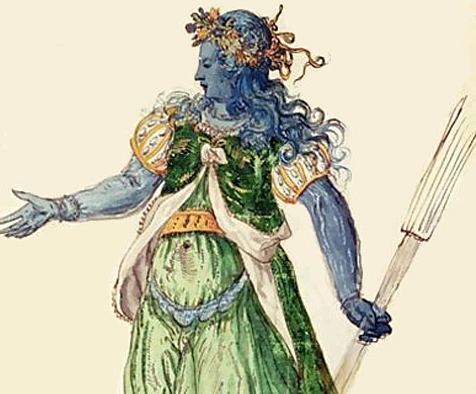
Pick out a quotation from one of the assigned texts or excerpts for week eleven and write a ‘close reading’ for the blog. Analysis of the quotation should draw on some of the other texts we’ve looked at this week (the other play, historical sources, secondary sources). Ideally, you’d be looking for quotations which suggest a shared theme, or even a contradiction with these other texts.
publication deadline: 10th December
